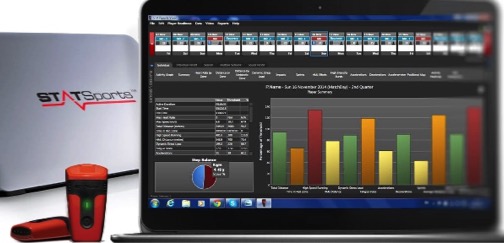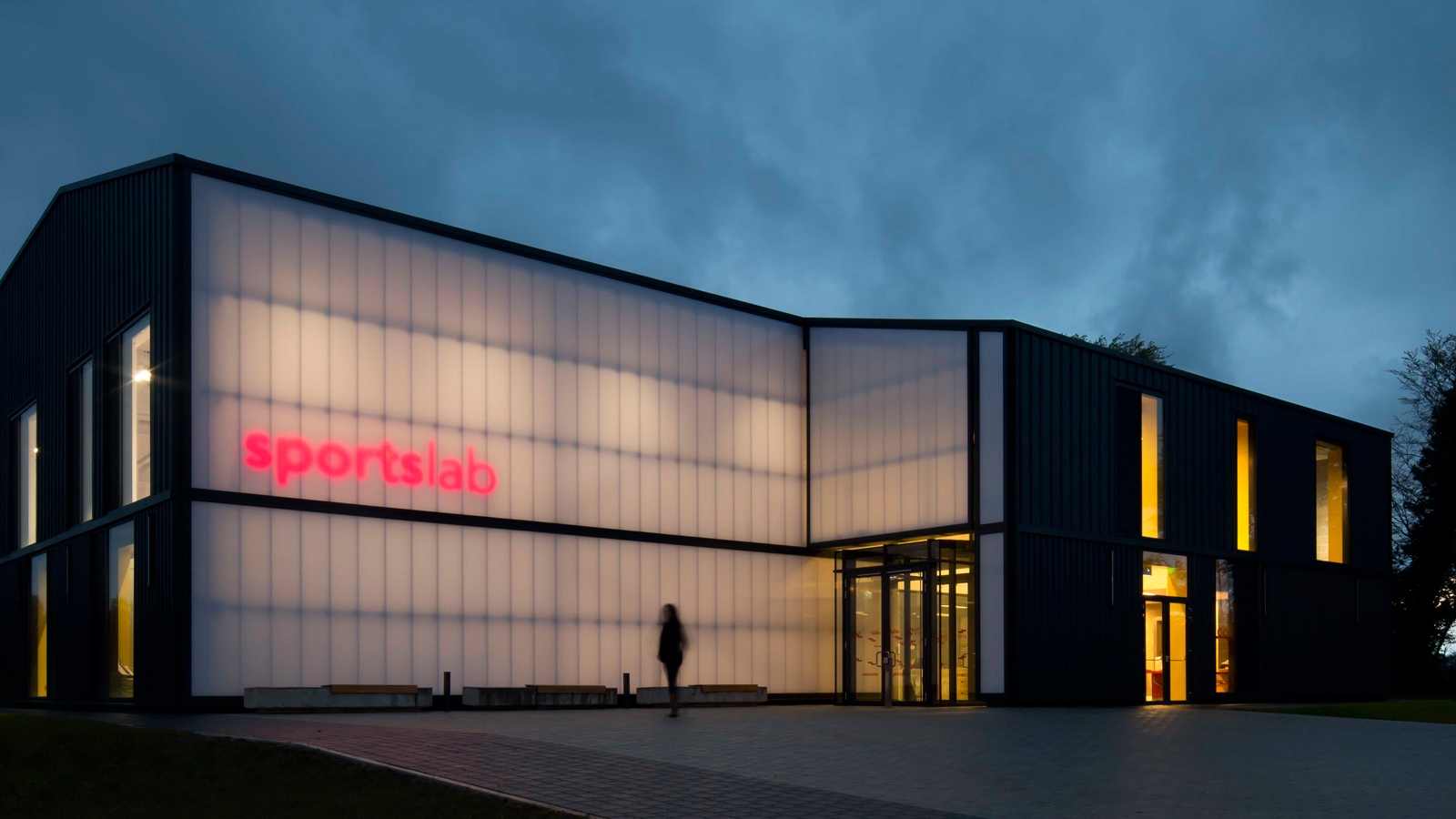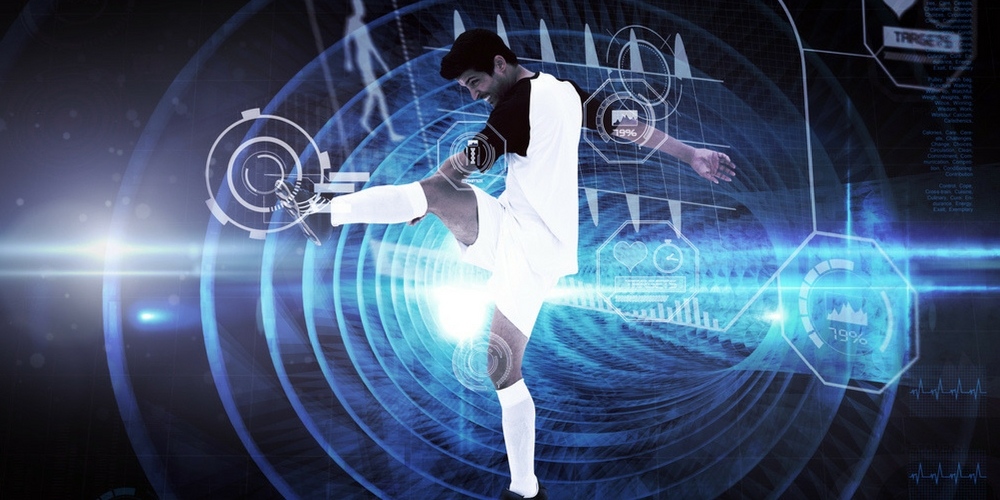Dr. Liam Hennessy discusses the aim of the Setanta College Performance Science Master’s programme as technology becomes ever more prevalent in sport and exercise.
Performance science is the discipline where all the sciences, such as physiology, biology, biochemistry, technology, strength and conditioning and coaching are blended together to support any performance-related or sporting activity. Technology in sport is perhaps the new kid on the block and it is becoming increasingly popular. So what prompted us to develop Performance Science Master’s programme? In our role as educators and practitioners within the field of sport and physical exercise, we’re training and educating many coaches throughout the world, and the one constant request that we get is, can we help them maintain their currency or keep up-to-date with the rapid growth of technology in sport?
Many of them are coaches, they’re trainers, they’re strength conditioning coaches, and also scientists. And they’re being challenged by the breadth and the extent of the development of technology in sport. So we’ve responded by creating the Performance Science Master’s programme. It literally is a response to the demand from those that we engage with within the industry to help them become competent interpreters of sports technology, and sports science, so that they can apply that in a meaningful and effective way within their sport.

Fig.1 © Image from www.statsports.com
You see the issues with sport technology are very evident. For example, many sports teams use GPS systems to track the external workload and work-rate of the individual and the team during training, practice and competition. Coaches also use trackers and monitors both in the gym and on the field of play to help guide training intensity. These devices will allow the coach to both monitor their players in ways which were not possible a few years ago. And here is the problem, this stuff is new, it is current and ever changing. And along with change comes uncertainty, anxiety and perhaps a reluctance to use something new. This is entirely understandable. As practicing coaches and trainers, we all know the patience and perseverance it takes to adapt to a new support staff and team or group of athletes or players. We all know what it’s like to have to commit to get to know a new tactical approach to match play. We all know that change no matter how small can give rise to concerns.
However, one thing is certain and that is technology will only become more prevalent in not only society and at work but also within sport and exercise. Interestingly, many who are using technology in a sport or exercise setting, be it a GPS system, a new monitoring app or a training method that requires velocity and power monitoring, are doing so in a ‘trial and error’ fashion with their athletes and players. They are indeed brave, and certainly we have all done this. We try a new approach, we observe how our athlete(s) respond and then we sometimes adopt this approach or we modify it or dismiss it. However, it does not have to be like that. We at Setanta College are pioneering how technology can be seamlessly used in the sporting world. We are reducing the trial and error approach so that the coach, be he or she a technical coach, a strength and conditioning coach or a sport scientist or analyst or a non-sport trainer can select appropriate technologies that will benefit all concerned – not only the athlete or player but also the coaching and support staff.

Fig. 2 Proud to call upon the expertise of some of the worlds leading sports-tech companies.
Our Advisory Board that advises on the programme, includes the best brains and coaches in sport. In addition, our lecturing staff feature key specialists in coaching, technology, strength and conditioning, sports science, injury prevention, data management and in leadership. By partnering with leading sport and fitness companies we also work with the latest and most up to date technologies. These will certainly be advanced or improved over the coming years and it is essential, that coaches, trainers, scientist and analysts are comfortable with the latest technologies and methods of training, monitoring and managing athletes or players and recreational participants. One of the key aims of the Performance Science programme, is to develop the skills and competences within performance science to become a leader within the field.

Fig. 3 The SportsLab – our workshop venue for the practical weeks of the course


Leave A Comment